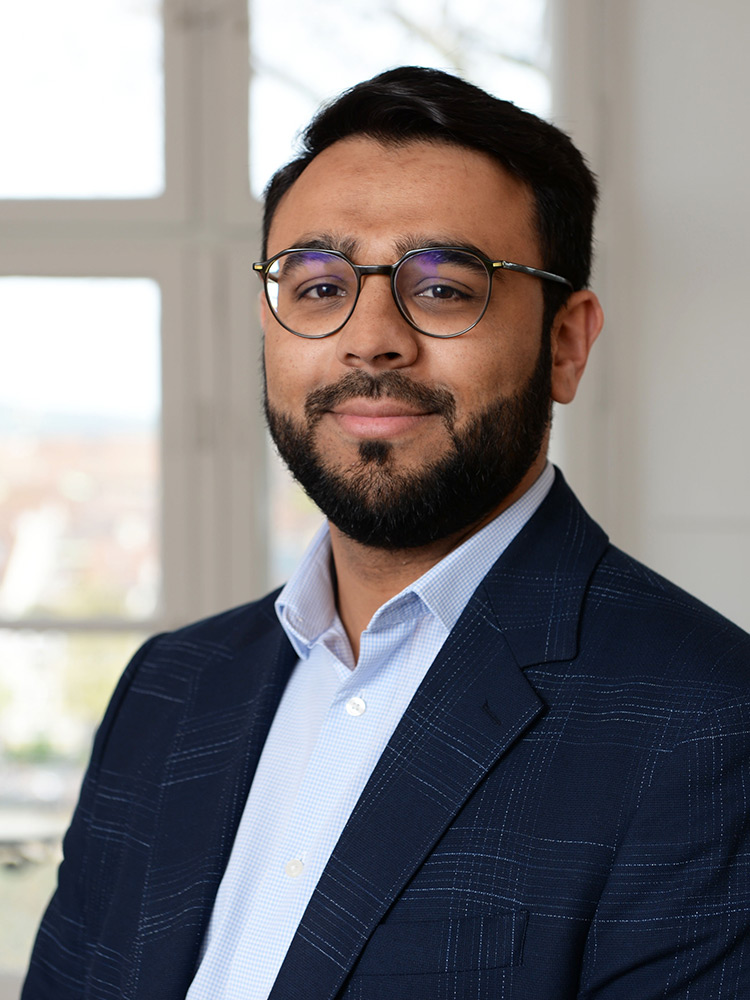"Heroic Beginnings": Representations of the 19th and Early 20th Centuries in the Arab Gulf States' Historiography
Project Description
In search of a suitable past, the Arab Gulf States have experienced an "heritage boom" over the past two centuries. This is not to say that it is a historical grab by states that have no form of history to look back on. It is much more about the political leaders' striving to impose their own historical narratives in their respective countries. The politics of history forms an essential part of the strategy of the monarchies in the Persian Gulf to legitimize their internal claims to power. The ruling houses strive to present their history as the history of the nation. Alternative interpretations that could call into question the rulers' claims to power are deliberately removed from the historiography.
If we look at the history of the Arab Gulf states, we will find that the late 19th century, in particular, decisively determined the political future of the countries. At that time the region was caught between the fronts of the Ottoman Empire and Great Britain, which were fighting for supremacy in the Persian Gulf. Local actors became actively involved in these political events, using the conflict between the two great powers to their own advantage. This period in particular offers a lot of room for historical interpretations, since numerous local, regional and international actors shaped the creation of this shaykhdoms as nation states. This means that the claims to power of the current rulers of the Arab Gulf States were not always approved of by the local population. This aspect was even more disputed when, during the 20th century, transnational ideologies such as Arab nationalism and political Islam gained a foothold in the region, posing a political threat to the Gulf monarchies in particular.
The doctoral project explores the question of how the Arab Gulf States interpret the history of their nation states during the late 19th and early 20th century. The historiographical corpus consists of Arabic textbooks that are taught in history classes at public schools.
Supervisor: Prof. Dr. Maurus Reinkowski
Co-Supervisor: Dr. Jörg Matthias Determann, Prof. Dr. Thomas Demmelhuber
Bio
Mustafa Nasar joined the Near and Middle Eastern Studies Program at the University of Basel as a Research Associate on 1st August 2021.
He studied Islamic and Religious Studies at the University of Basel where he also obtained his master's degree in Near and Middle Eastern Studies and Political Science.
From 2019-2020 he worked as an Academic Intern at the Federal Department of Foreign Affairs (FDFA) in Bern and Islamabad.
His main areas of work consist of Arab historiography, the Gulf states, political Islam, and international relations.

Mustafa Nasar
Near and Middle Eastern Studies
Maiengasse 51
4056 Basel
Schweiz
Tel. +41 61 207 17 05
mustafa.nasar@unibas.ch
Zur Visitenkarte
